Nieto & de Teodoro - Euclid
In the spotlight: Sara Nieto & Pilar de Teodoro
April 2017
 |
Sara Nieto recently joined the Euclid SOC at ESAC. |
Sara Nieto received the M.S. degree in computer science at Carlos III University of Madrid, and is specialized in software development and artificial intelligence. Before joining Euclid, she was part of the Maintenance and Operations Engineering unit for different Earth Observations missions of European Space Agency and EUMETSAT. Besides, she collaborated with CNES on the development and operations of radio frequency interference (RFI) detection in L-band in the context of SMOS. Finally, she joined Euclid as part of the ESAC Science Data Center which is responsible for the development and operations of the scientific archives for Astronomy and Solar System missions of ESA.
Why did you join the Euclid team? Being part of the Euclid team is the most exciting role of my career so far. As an engineer, I always focused my career on science and in particular on science derived from space missions, which in my view are the most inspiring fields. But joining Euclid means a step further in this sense, as it implies to contribute to the state-of-the-art technology solutions needed to understand the nature of the invisible universe: dark energy and dark matter.
What do you see as the biggest challenge in Euclid? From a software engineering perspective, the main challenge is to provide the user community with the most advanced discovery tools to retrieve the most valuable information from an unprecedented volume of data produced by the mission. For this purpose, we are working to develop a set of discovery tools accessible through the Euclid Science Archive to perform scientific research. But to achieve this high-level goal, working close to the user community is extremely important as well as understanding their needs and translating them into real solutions.
What about your expectations with Euclid? I am fully confident that Euclid will contribute to understand the nature of dark matter and the future of our universe and why it is expanding at an accelerated rate due to dark energy. On the other side and behind the scenes, big data, bringing code to the data, cloud computing, complex processing workflows are some of challenges that Euclid will face from an early stage of the mission. For these reasons, I am very proud of being part of Euclid.
 |
Pilar de Teodoro recently joined the Euclid SOC at ESAC. |
Pilar de Teodoro studied Applied Physics at Universidad Autonoma de Madrid and at the Niels Bohr Institute in Copenhagen. After returning to Spain from Denmark, she joined Oracle Iberica to become a consultant in several projects in the technology area working as DBA, Application Server administrator and Portal Developer. More than 8 years later, in 2006, she joined the Gaia team at ESAC in the role of SOC DataBase Administrator and database testing manager. Pilar worked mainly with Oracle and Intersystems Cache databases while in Gaia. After working more than 8 years in the Gaia SOC she joined the ESAC Science Data Center (ESDC) where she works as database expert for the Euclid mission. She has participated in several VLDB, XLDB and PostgreSQL conferences. She is certified in Hadoop administration and is Oracle OCA 11g.
Why did you join the Euclid team? Gaia was a challenge from the database administration perspective and Euclid will be 100x that challenge so for me it was a natural move to join the next big challenge regarding data management.
What do you see as the biggest challenge in Euclid? Regarding data, the biggest challenge will not only be the data volume but all aspects on administration of these data, the metadata database that will serve the mission is a key component on the processing.
What are your expectations with Euclid? For a mission like Euclid we will need to use the state of the art technologies and I want to be part of the team who will develop and use them.
- Removed a total of (2) style text-align:left;
- Removed a total of (2) align=top;
- Removed a total of (2) border attribute.
- Removed a total of (2) cellpadding attribute.
- Removed a total of (2) cellspacing attribute.
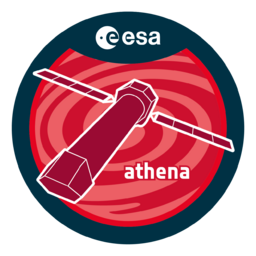

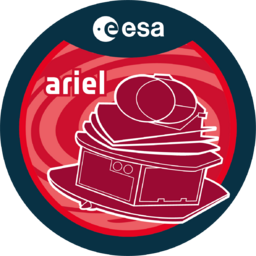
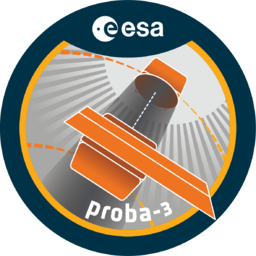
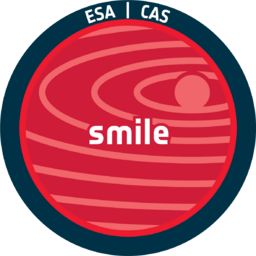
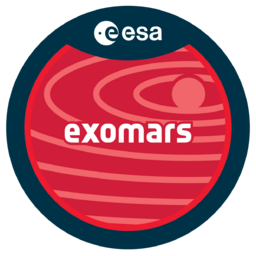
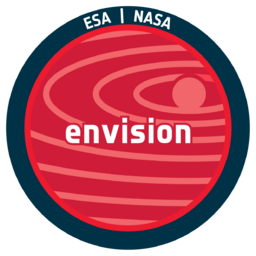
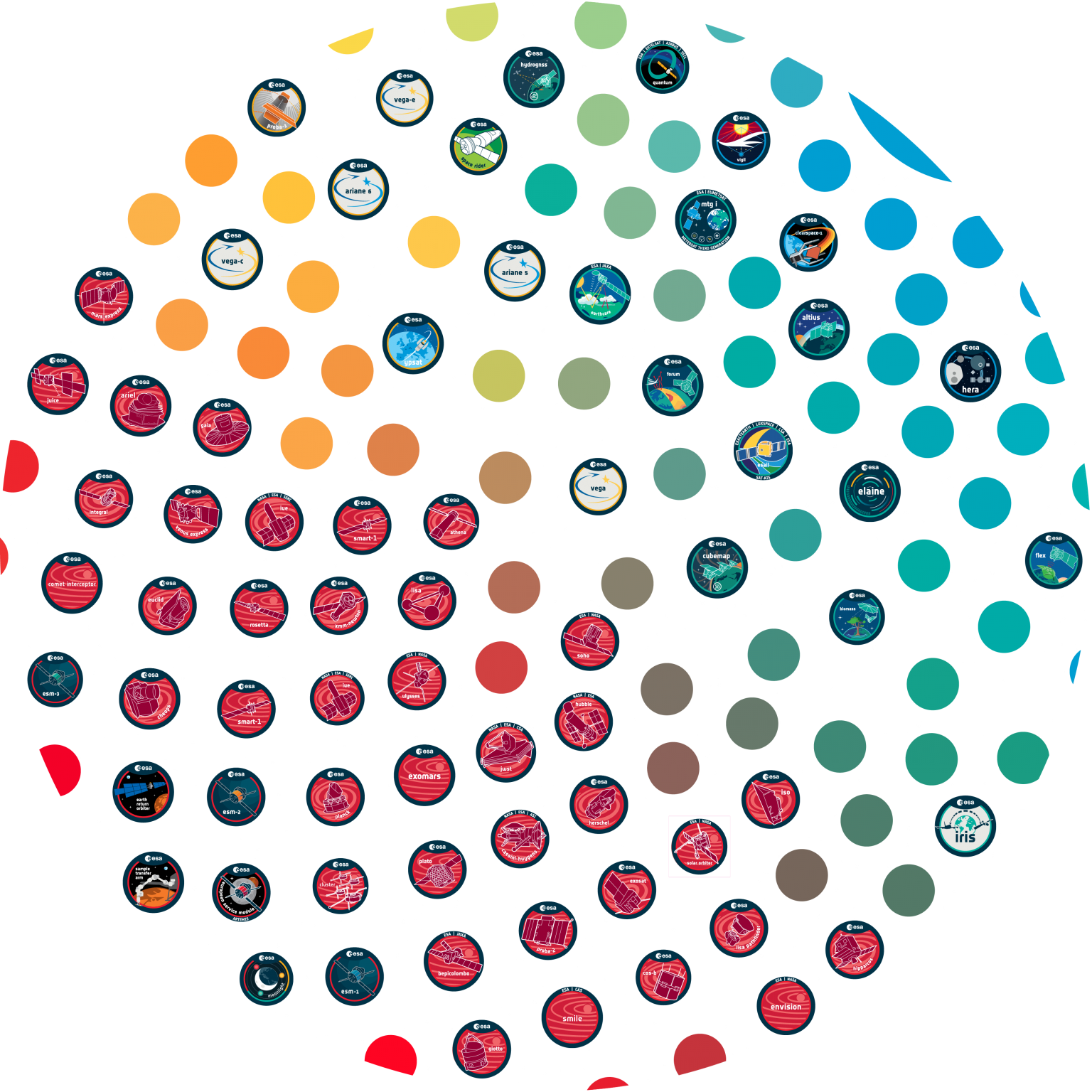
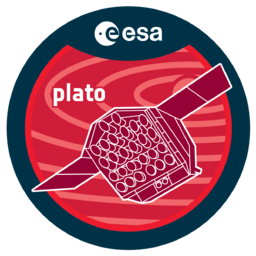
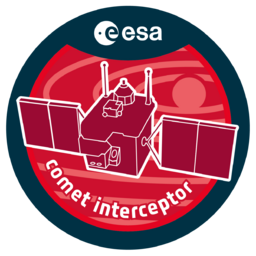
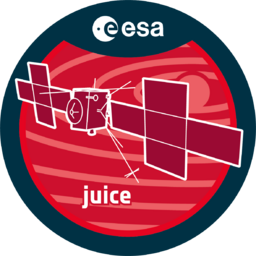
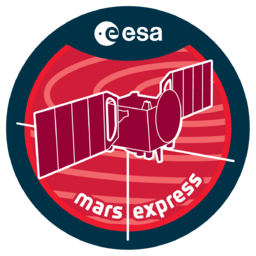
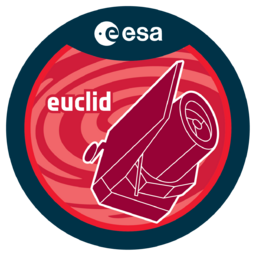
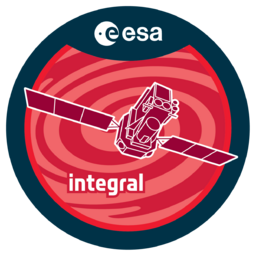
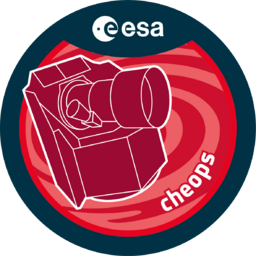
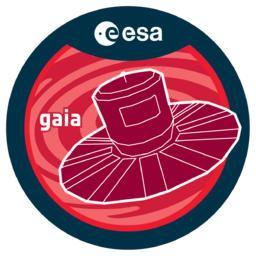
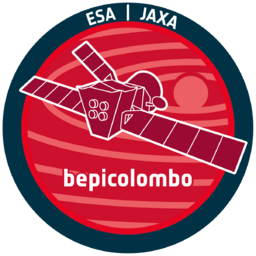
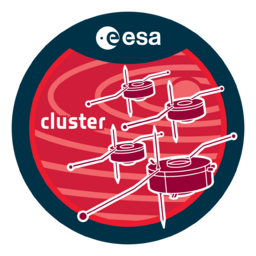
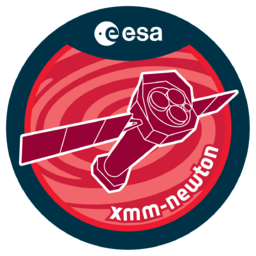
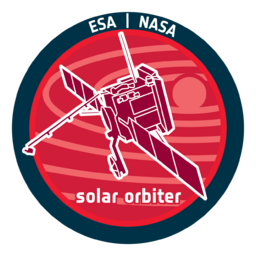
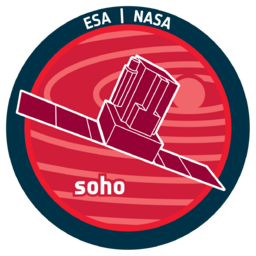
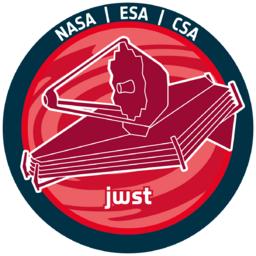
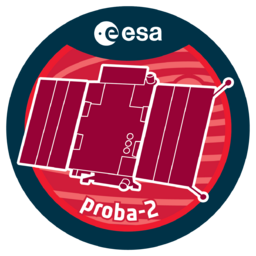
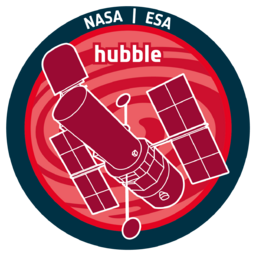
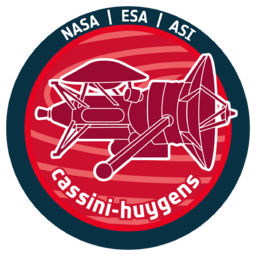
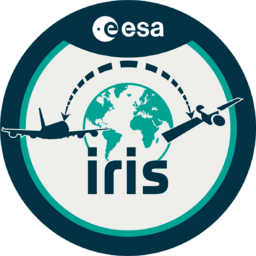
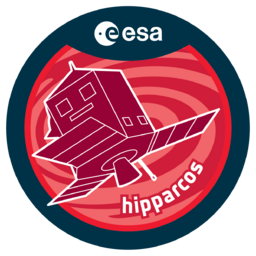
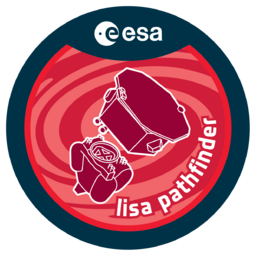
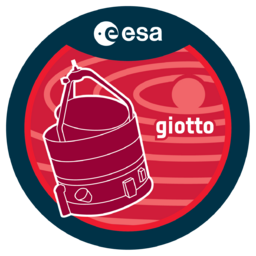
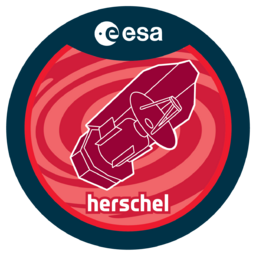
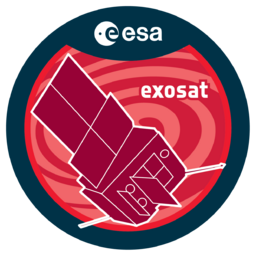
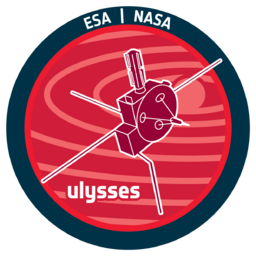
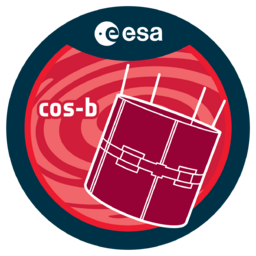
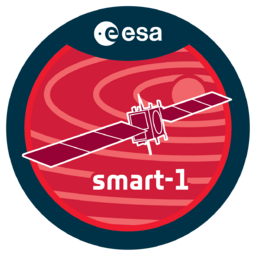
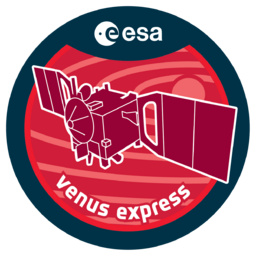
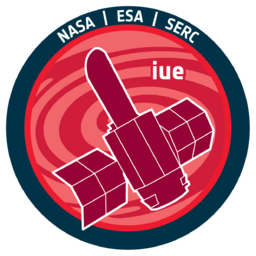
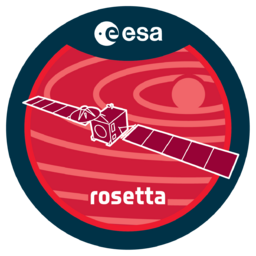
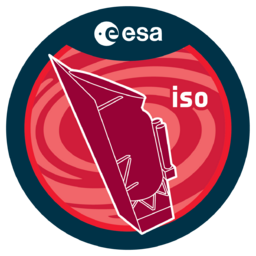


 Sign in
Sign in
 Science & Technology
Science & Technology